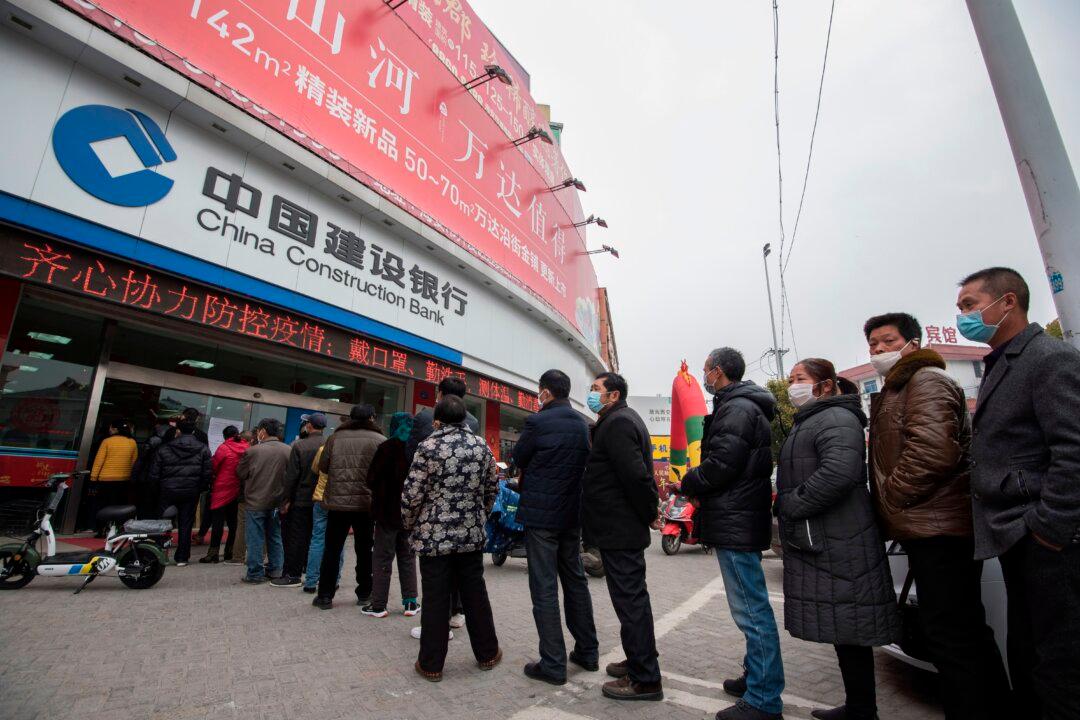News Analysis
China wants its banking industry to share the pain and help to boost a slumping economy—to the tune of 1.5 trillion yuan ($212 billion).

China wants its banking industry to share the pain and help to boost a slumping economy—to the tune of 1.5 trillion yuan ($212 billion).